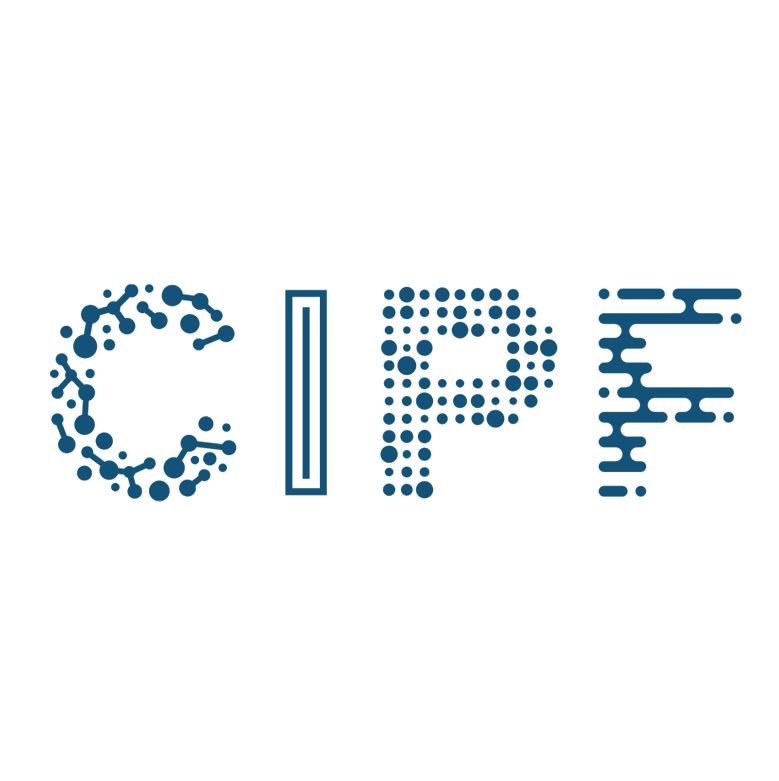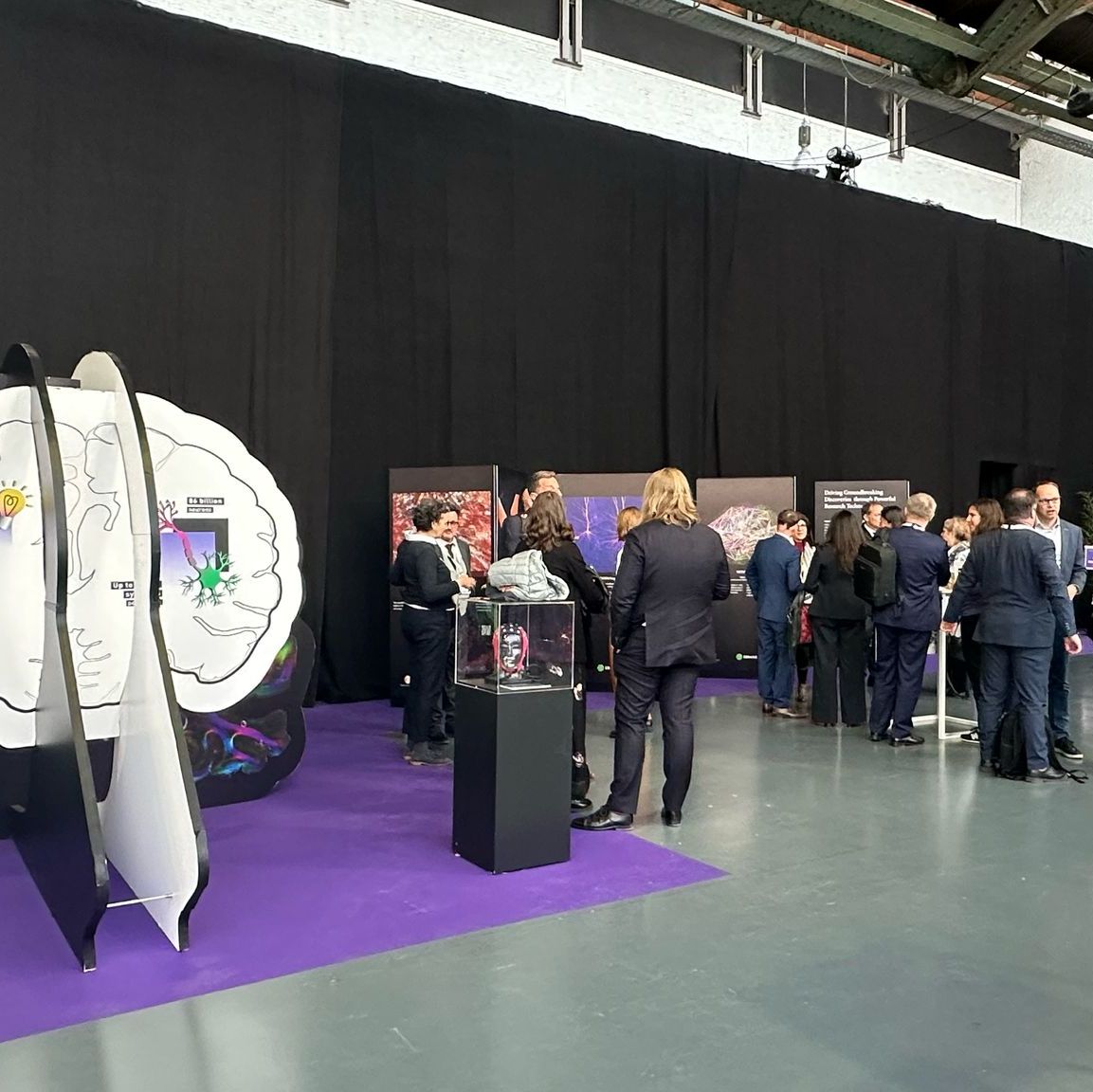
EBRAINS Joins Panel Discussions to Highlight Role of Research Infrastructures in Brain Health
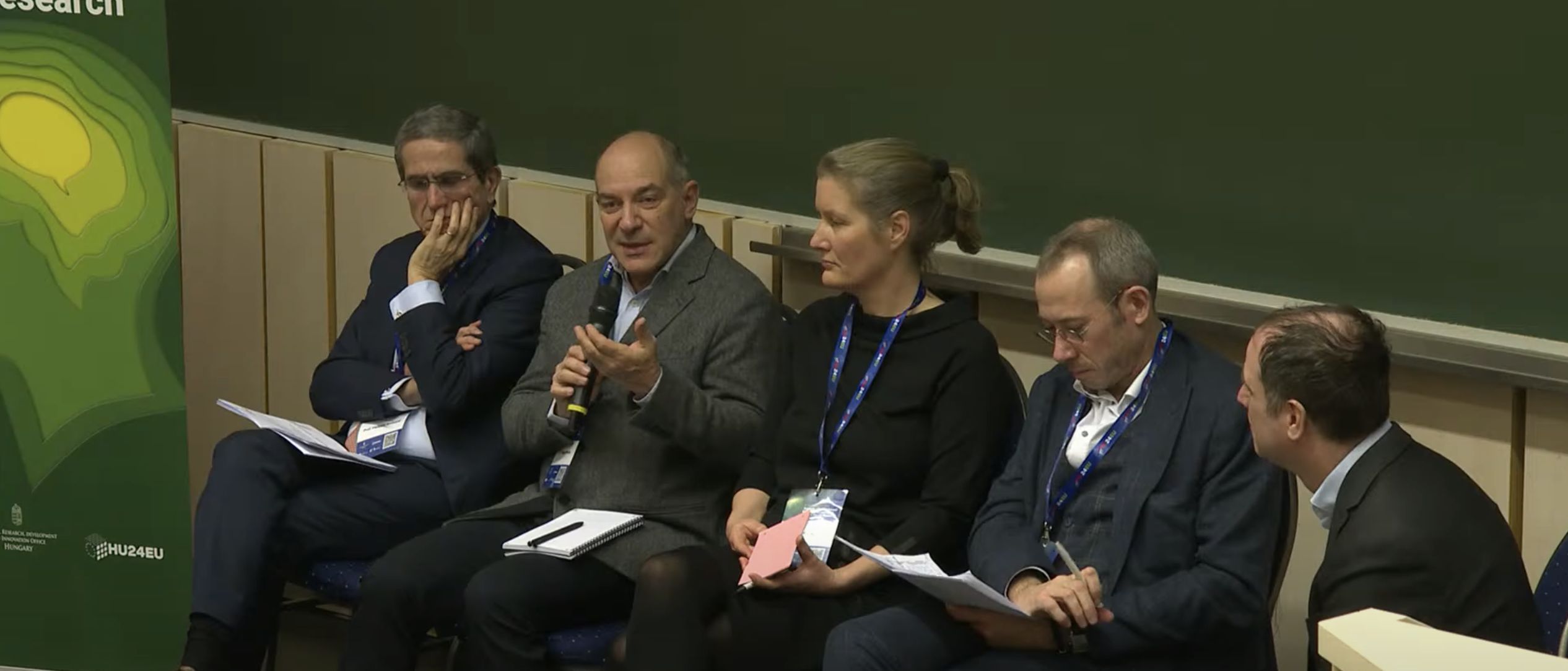
The conference, hosted by the Hungarian Presidency of the Council of the European Union, aimed to promote a multi-stakeholder approach to maximise the societal impact of brain health research.
The event focused on two interconnected aspects: addressing brain health with a holistic view through cooperation among stakeholders in the European research and innovation ecosystem, and the role of joint European research and innovation initiatives in promoting brain health by incentivising and funding collaborative research to achieve societal impact.
Vernier participated in the ‘Pieces of the Same Puzzle: Good Practices and Recommendations for Pan-European Joint Efforts from the European Brain Health Research Initiatives' panel session. He was joined by Philippe Amouyel, JPND JPI Management Board Chair, Ulrike Busshoff, ERA-Net NEURON Coordinator, and Frédéric Destrebecq, Executive Director, European Brain Council.
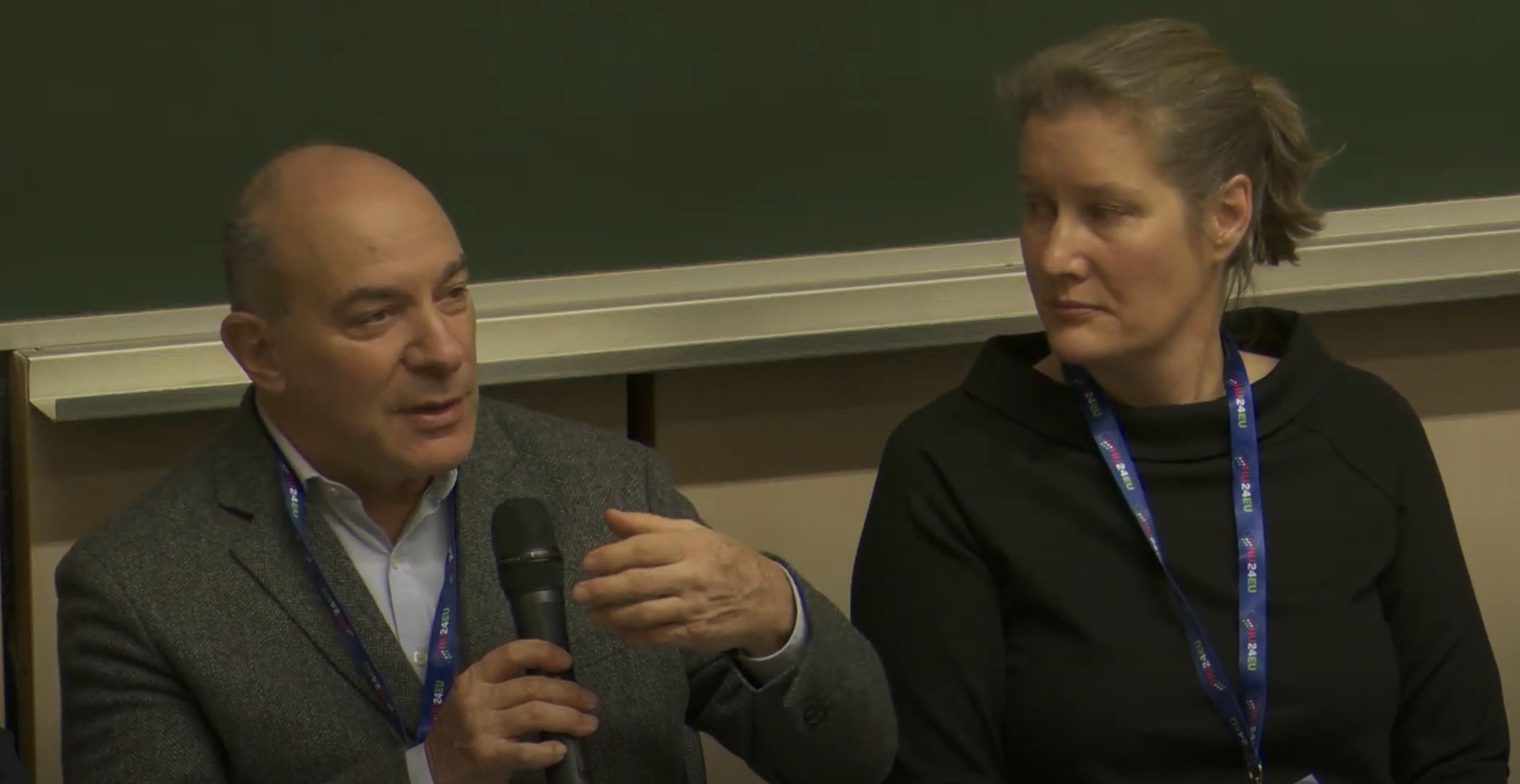
Vernier highlighted the interoperable design of EBRAINS, which gathers data, tools and computing facilities for brain-related research. He also underlined the infrastructure’s co-design approach: “EBRAINS is a user-based infrastructure; it has been co-designed by the users. It is there to fulfil the needs of neuroscientists." When asked by moderator Gergely Katona what his takeaway message from the panel would be, Vernier said “Brain disorders are a major burden, and they need to be taken at the right level. We do not need to reinvent the wheel. The initiatives presented today are the way to go. We just need better coordination, more funding, and freedom for researchers. And based on this, you can build the future of brain research.”
Later, Vernier moderated the ‘Role of Research Infrastructures in European Brain Health Research’ panel. The panel featured Sabine Hölter-Koch, INFRAFRONTIER, Jens K. Habermann, Director General, BBMRI, and György Vámosi, Euro-BioImaging.
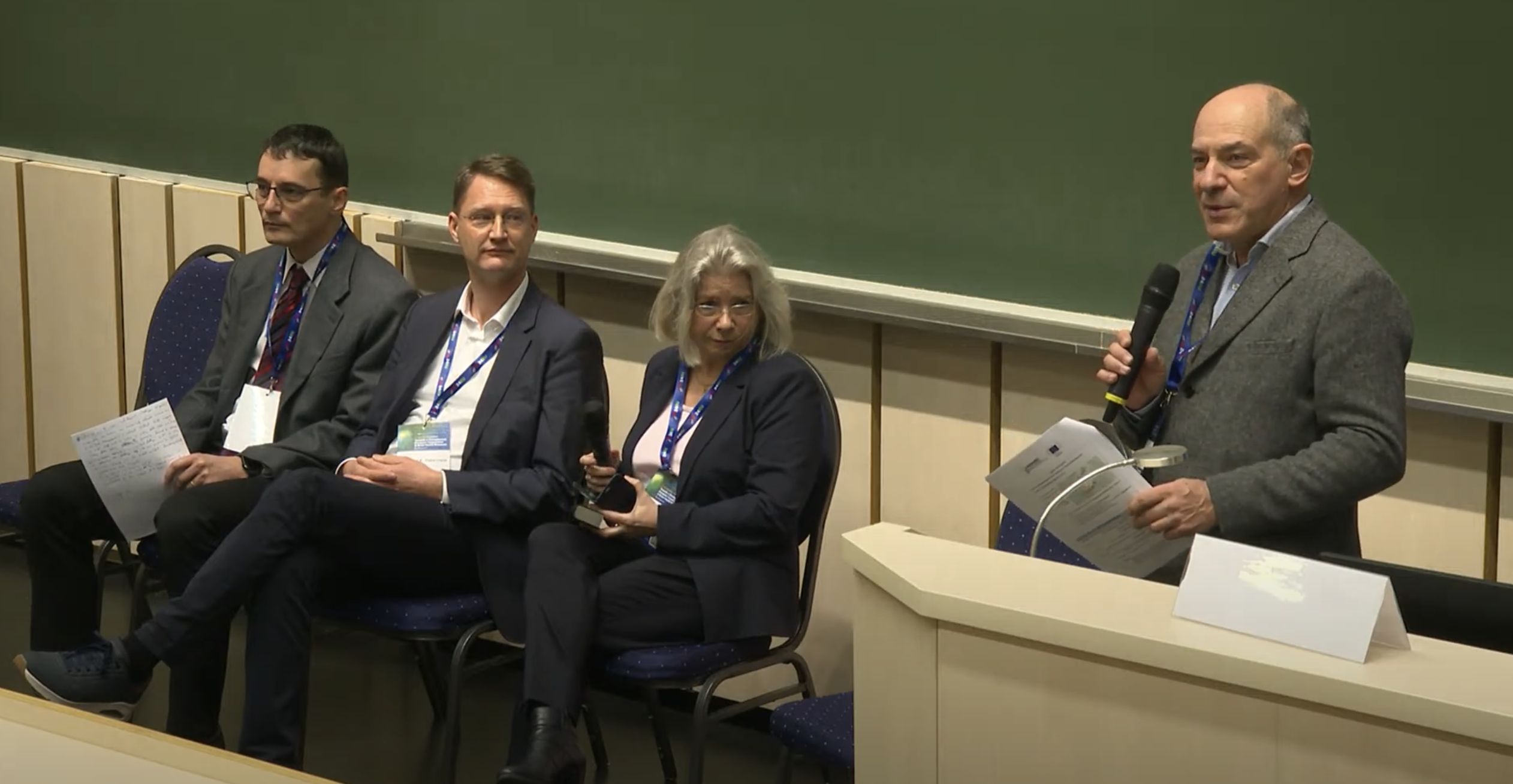
He stressed the role of research infrastructures in coordinating scientific efforts and training researchers: “These infrastructures provide a lot of coordination to research communities, and, as important, training. For most of these techniques or databanks, you need to train not only the new generation of researchers, but also the ones who are currently making science. Because they are not always aware of these infrastructures and the possibilities they offer.”

He also emphasised how research infrastructures can help scientists to avoid duplicating efforts: “Research infrastructures allow us to bring together methods, data, archives, tools, instruments, access to storage... And this avoids the duplication of efforts between countries, and even inside countries, and this is very important.”
Watch the recording of the conference here.
News & events
All news & events- News04 Apr 2025

- News03 Apr 2025

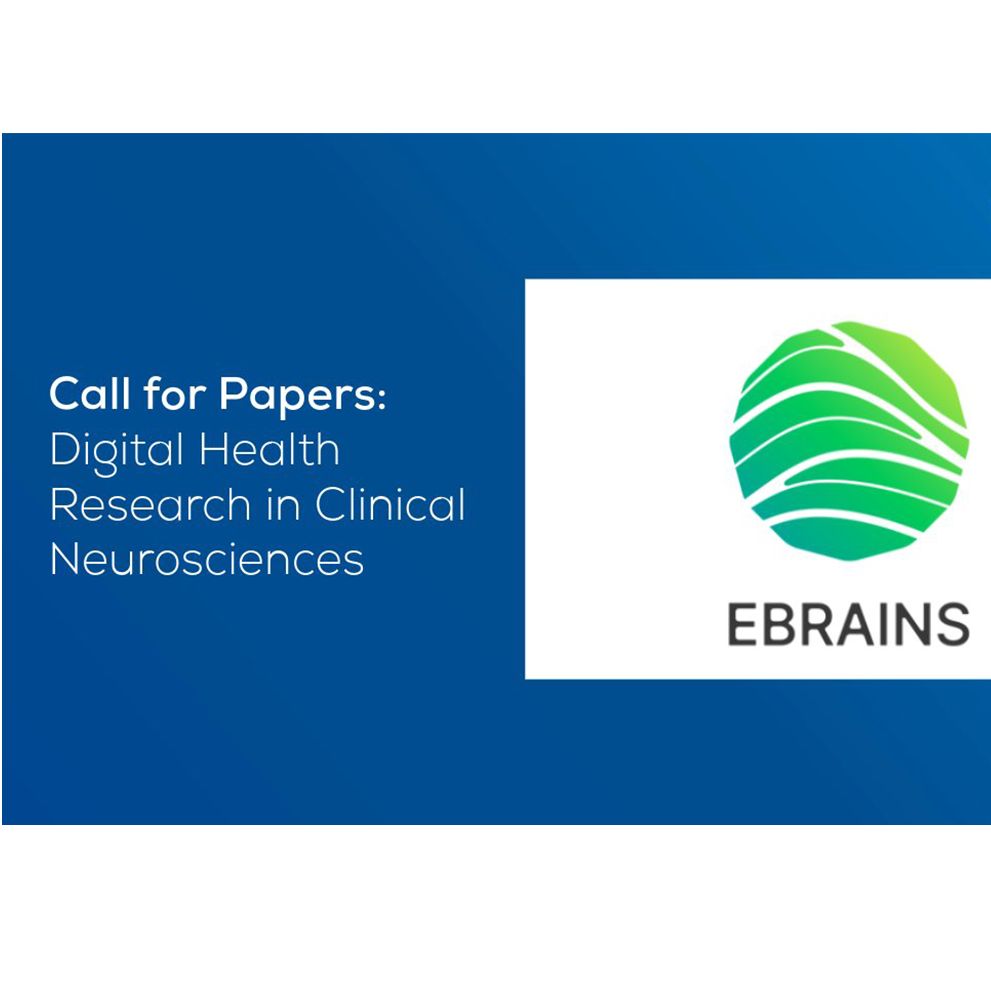
- News21 Mar 2025
